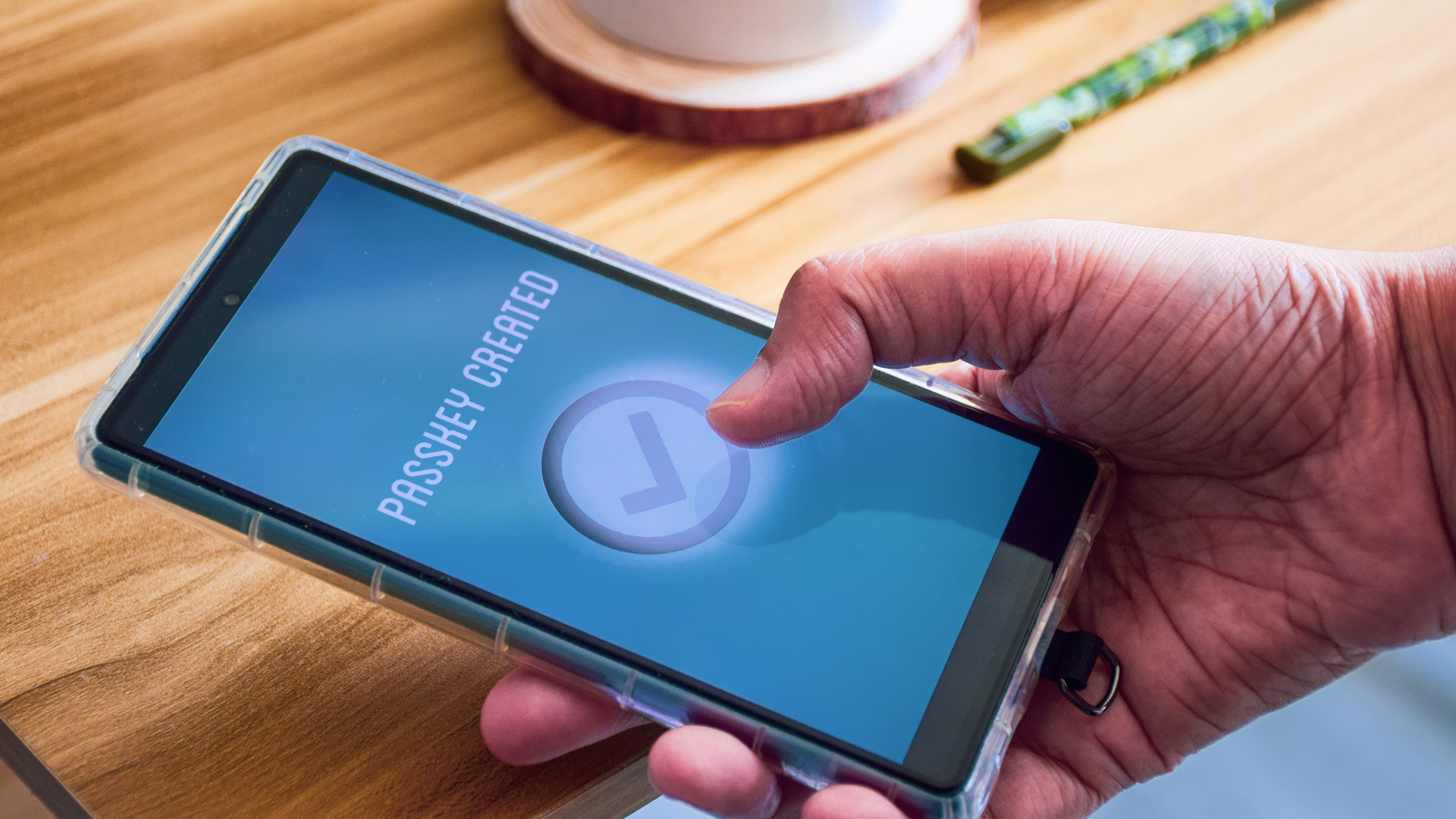When you purchase through links on our site, we may earn an affiliate commission.Heres how it works.
Passkeys are the future.
It’s a better world.

At least I think it is.
Authentication can then happen with the biometric security system you already have on your phone or computer.
This would be your fingerprint, facial recognition, or even iris scan.
At a more tactical level, imagine you visit Gmail and key in your user ID.
Even if you don’t fully understand passkeys or distrust them, you should distrust your passwords more.
This isn’t true, as the criminal would still need your face, fingers, or eyes.
Even if you don’t fully understand passkeys or distrust them, you should distrust your passwords more.
There is wide consensus in the tech community that passwords are an unsustainable security framework.
Even password managers that let you use one strong master password could be at risk.
It’s obviously not just consumers.
Industries, institutions, and organizations are suffering throughwaves of ransomware attacks.
But what if you never enter a password?
The ransomware attack could be thwarted before it starts.
A passwordless system is the only reasonable answer.
So I’m ready for passkeys.
And yes,I signed up for my first one with Google.
My own anecdotal poll shows passkeys have a long way to go before they become the standard.
And because the system often leaves us logged in, we may not immediately understand the change.
There is also not yet a single passkey to solve all problems.
You will have different passkeys for different systems and platforms.
However, this doesn’t really matter.
It will use the same biometrics you use for your other platforms, services, and their respective passkeys.
In other words, it can feel like it’s one passkey for all systems.